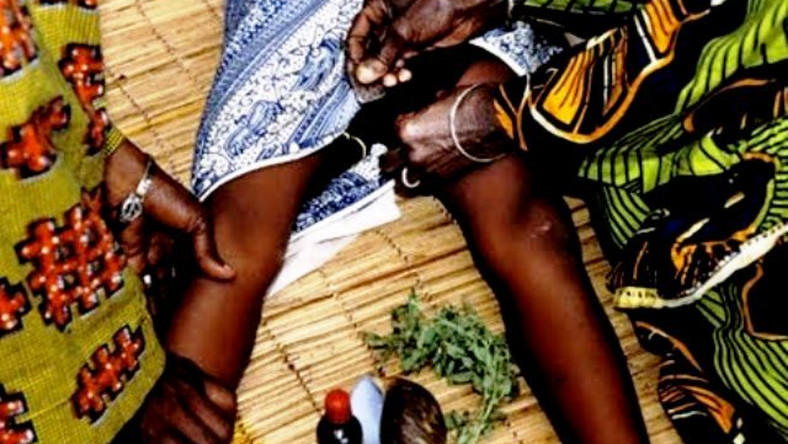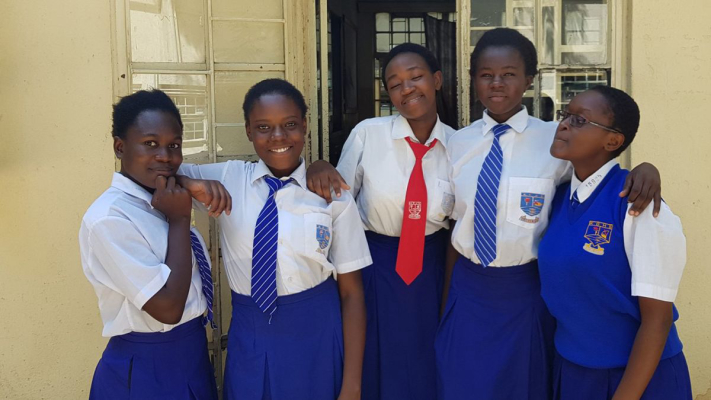Sudan has Criminalized carrying out Female Genital Mutilation (FGM), making it punishable by three years in jail.
According to UN, about 87% of Sudanese women aged between 14 and 49 have undergone some form of FGM. In Sudan it is not uncommon for women to get the inner and outer labia, and usually the clitoris, removed and FGM can result in urinary tract infections, uterine infections, kidney infections, cysts, reproductive issues and pain during sex.
Before now, there has been a global trend towards banning the practice. However, according to a Unicef report carried out in 29 countries in Africa and the Middle East, the practice is still being widely carried out, despite the fact that at least 24 of these countries have legislation or some form of decrees against FGM. FGM was already illegal in some Sudanese states but these bans were widely ignored.
BBC Sudan analyst Mohaned Hashim notes that there have been previous attempts to ban FGM across the whole country but parliament under long-time leader Omar al-Bashir rejected the recommendations. Women were at the forefront of the movement that toppled Mr Bashir in April 2019. Campaigners accused the former government of discriminating against women in various ways – including preventing women from wearing trousers.
In November, Sudan repealed a restrictive public order law that controlled how women acted and dressed in public. The FGM amendment to the criminal law was approved on 22 April, Reuters news agency reports and under the amendment, anyone who performs FGM either inside a medical establishment or elsewhere faces three years’ imprisonment and a fine.
Source: BBC





